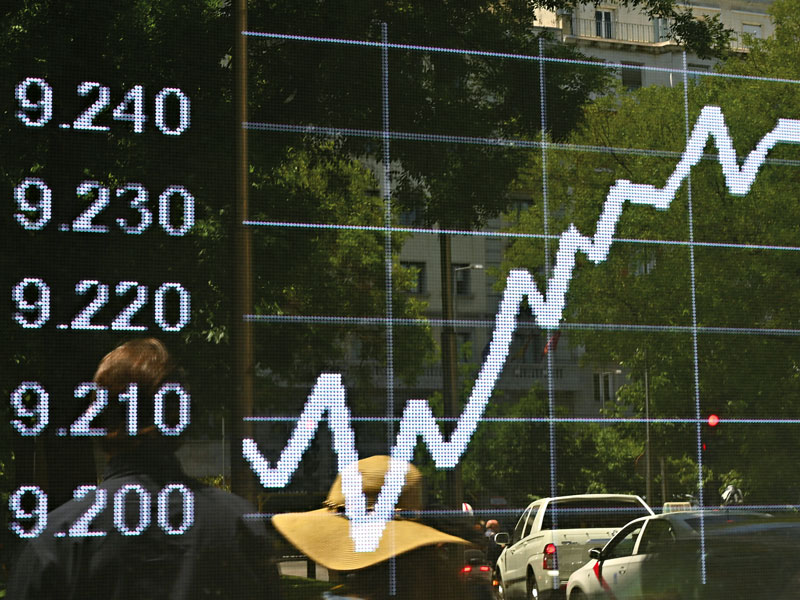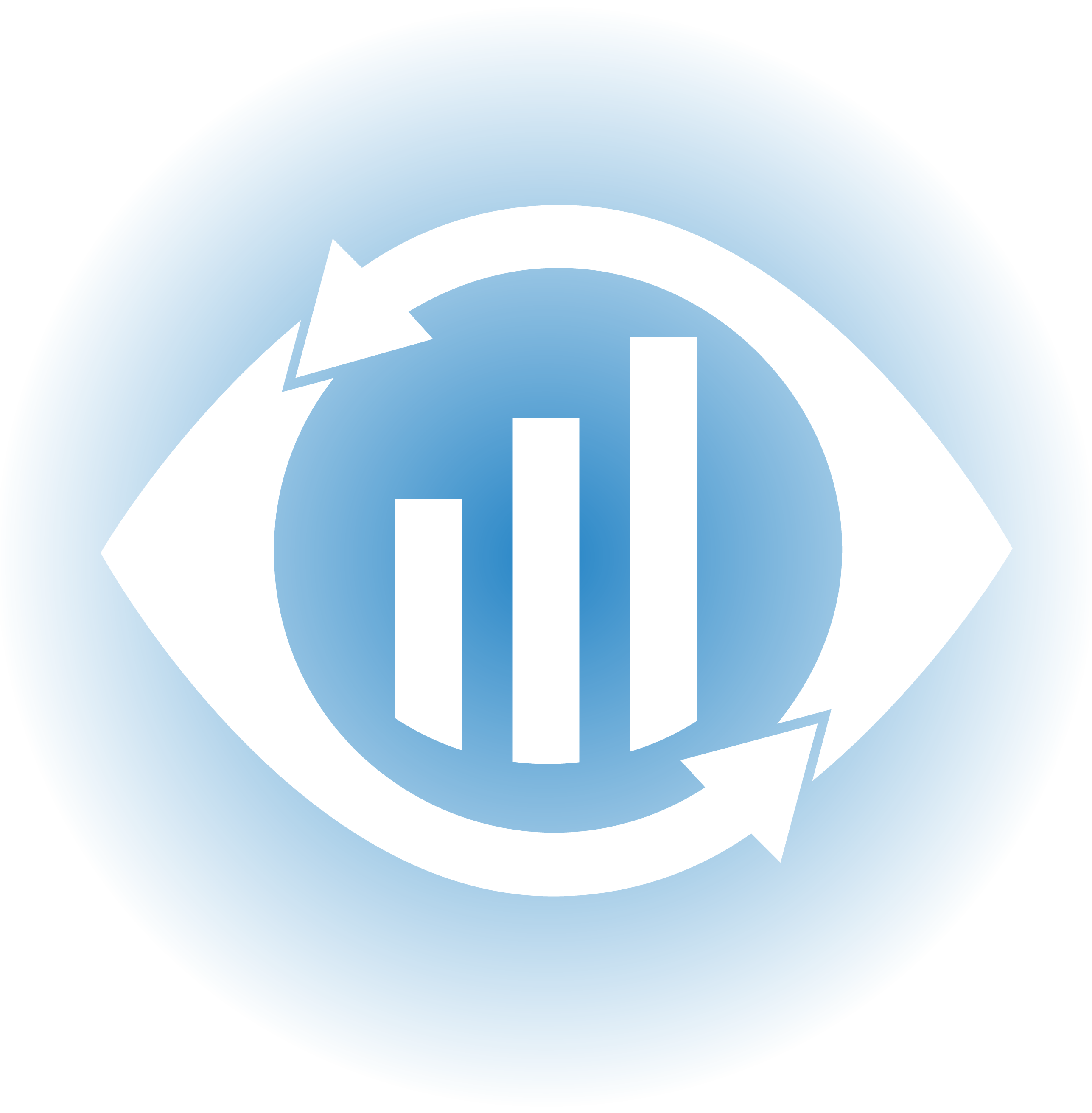
 
Author: Jean-Marc Torre, Group Head and Senior Executive Vice President, Corporate and Commercial Banking, Bank of the West
February 26, 2021
In 2020, businesses had to adapt swiftly through a precarious situation. We are now in a phase with a new set of requirements centred on resilience and a sustainable recovery. The lessons of this unprecedented period will help banks meet customers’ needs, navigate this turbulent time, and avoid online risks, guiding them through 2021 and beyond.
The heart of banking is still relationships
Even before the pandemic, an off-the-shelf, product-first approach was inadvisable. Now it’s irrelevant. COVID-19 underlined something we already knew: we are all interconnected. Amid the pandemic and economic slowdown, Bank of the West’s relationship management bankers redoubled customer outreach. We needed to know how our customers were, what challenges they faced, and about their short-term liquidity needs. Human relationships in commercial banking aren’t solely for crisis management; they also enable us to be present in an always-evolving business environment.
While corporate treasurers and finance managers are increasingly focused on strategic issues with distant horizons, there are meaningful conversations to be had with companies about longer-term ways they can adapt to opportunities now. Forward-thinking commercial banks are placing renewed value in customer relationships built on trust, good faith, and strategic relationships.
Rebalancing the platforms
As the pandemic’s impact progresses, digital transformation is clearly critical to recovery and business resilience. Banks should support corporate customers with digital channels that are open, flexible, and help companies adapt. However, effective commercial banks carefully balance digital solutions and human connection. Customers shouldn’t face a haphazard mix of traditional and digital platforms – or assume digital-only is sufficient. Banks have increasingly leveraged AI to deepen customer relations, improve anti-money laundering and fraud-prevention processes, and offer customers greater value. AI solutions work best with predictable transactions; the uncertainties of this recent crisis called for human connectivity. Banks that balance digital and human channels will prove essential to business continuity.
Forward-thinking commercial banks are placing renewed value in customer relationships built on trust, good faith, and strategic relationships
An integrated human-and-digital experience can support customers’ digital transformations while helping them navigate an uncertain future and endure. Nevertheless, it’s clear more business activity will become digital. Lockdowns and social distancing accelerated digital transformations. Companies that shifted to remote work swiftly and securely were at a great advantage with cybercrime spiking early in the pandemic crisis. This has been a jarring reminder of how critical cybersecurity and fraud prevention are to a company’s recovery, growth and resilience. Relegating cybersecurity decisions to IT is too risky: cybersecurity is operational security. Savvy commercial banks continue to strengthen fraud prevention while enabling businesses to engage in digital transformations that balance efficiency with resilience. Corporations need commercial banks that understand end-to-end security is central to operational resilience, and it is therefore non-negotiable.
Rethinking credit risk
When the future looks wholly different than the past, relying on backward-looking data models, even when (artificially) intelligent for measuring credit risk, becomes problematic. Financial ratios show a point in time and tell part of the story, but amid extreme uncertainty, commercial bankers must understand their clients’ overall financial wellness. Commercial banks that entered 2020 with a more granular understanding of their clients’ businesses will serve their customers well today and in the future.
Whether their industry is experiencing a boom or drought, CFOs and treasurers will be asking themselves if their bankers understand their needs and business objectives. A more holistic approach to measuring their financial wellness will enable commercial banks to give them a reassuring answer and make informed decisions. Businesses are also facing an evolving global compliance landscape. The regulatory consequences of the pandemic are far-reaching and will affect commercial banks and corporations.
When global lockdowns crippled predictable market dynamics, governments and regulators intervened with guarantees in the supply of services, human protections, and reactions to new barriers. The effects of these new measures will be felt differently across sectors and geographical lines.
Commercial banks are wise to re-engage with the principles of trust and humanity as we navigate this global pandemic and its aftermath. We are not over it yet, but there are silver linings. The majority of finance leaders believe they will be more resilient and agile in the long run. Banks need to ask themselves if they have changed enough to serve their customers now and in better times ahead. If commercial banks rise to the occasion now, the trust and value built during this crisis will pay dividends for years.
